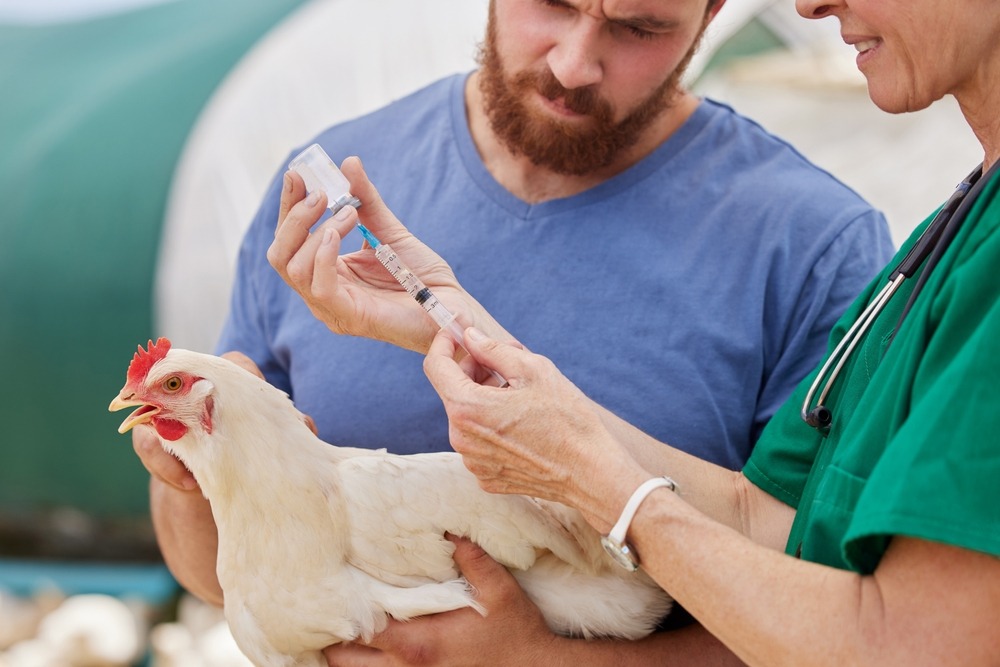What Happens to Animals When They Arrive at a Sanctuary?

When animals are brought to a sanctuary, they embark on a journey that involves more than just a change of environment. This transition is crucial for their recovery and well-being. Each step, from the initial assessment to their ongoing care, is carefully managed to address their unique needs and help them adjust to their new life. Understanding this process offers insight into sanctuaries’ compassionate and meticulous care, ensuring that every animal can thrive in a safe and supportive setting.
Arrival and Initial Assessment
When an animal arrives at a sanctuary, the journey begins with a thorough initial assessment. This critical step involves a team of veterinarians and caregivers who carefully evaluate the animal’s health and well-being. They check for immediate medical needs, such as injuries or signs of illness, and document the animal’s condition. This comprehensive evaluation ensures that any urgent issues are addressed immediately, setting the stage for a smooth transition into the sanctuary’s care.
Medical Care and Rehabilitation
Following the initial assessment, the animal often undergoes a period of medical care and rehabilitation. This phase may include treatments for existing health problems like parasites, infections, or malnutrition. The sanctuary’s medical staff diligently provides necessary medications, vaccinations, and nutritional support to help the animal regain strength and health. Rehabilitation might also involve specialized therapies or surgeries if needed to restore the animal’s overall well-being.
Adjustment to Sanctuary Life
Once the animal’s immediate health needs are managed, they adjust to life within the sanctuary. This transition period is crucial as the animal becomes familiar with their new environment and the routines of sanctuary life. Caregivers introduce the animals to their new habitat gradually, allowing them time to acclimate at their own pace. This adjustment phase helps reduce stress and promotes a sense of security in their new surroundings.
Socialization and Behavioral Observation
As the animal settles in, socialization and behavioral observation become critical components of their care. Sanctuary staff closely monitor the animal’s interactions with their environment and, if applicable, with other animals. This helps identify any behavioral issues or social challenges that may need to be addressed. The goal is to support the animal in developing positive social skills and adapting to their new community, whether alone or with other animals.
Ongoing Care and Enrichment
The journey doesn’t end with integration. Ongoing care and enrichment are vital in ensuring the animal’s continued well-being. Sanctuaries provide a variety of enrichment activities to stimulate the animal’s natural behaviors and keep them engaged. The long-term care plan includes regular health check-ups, a balanced diet, and a supportive environment. This comprehensive approach helps animals thrive in their new home, promoting a fulfilling and healthy life.
In essence, the journey of an animal arriving at a sanctuary is a multi-faceted process designed to ensure their health, safety, and overall well-being. Each phase, from initial assessment to ongoing care, is thoughtfully managed to provide a supportive and nurturing environment. By understanding these steps, we gain a greater appreciation for the dedication and compassion that drive the work of sanctuaries and their positive impact on the lives of rescued animals.
Support the San Diego Animal Sanctuary and Farm
At The San Diego Animal Sanctuary and Farm, we provide a forever home for over 210 animals across 29 species and 70 breeds, including everything from guinea pigs to 1,500-pound bison. Many of these animals were surrendered by previous owners who could no longer care for them. Here, they find peace and care for the rest of their lives. Our dedicated team ensures each animal receives personalized medical attention, nutritious food, and enrichment activities tailored to their needs. We also offer support to animals arriving at our sanctuary by carefully assessing their health, managing their rehabilitation, and helping them adjust to their new environment. If you’d like to learn more or support our mission, please contact us at (619) 320-4942.
